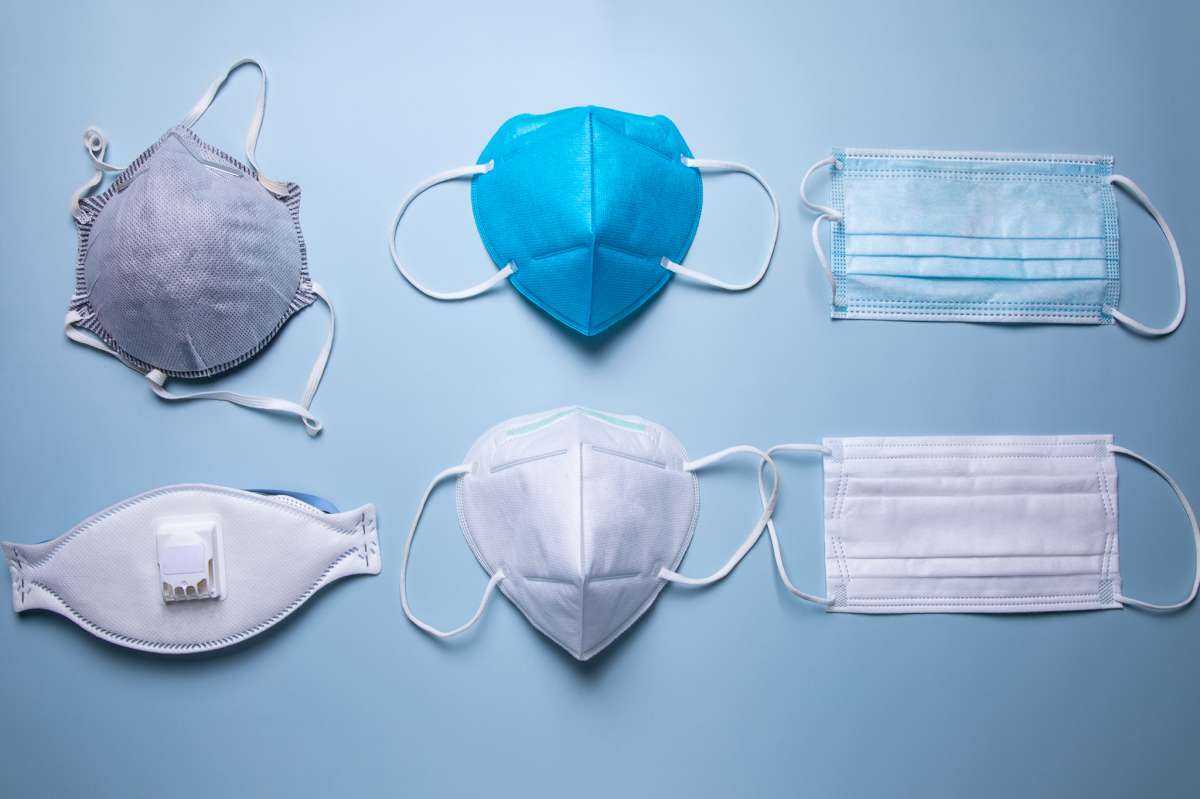Permit me to say that I was inspired to write this piece by George Santayana’s saying that “Those who cannot remember the past are condemned to repeat it.” Following this quote, I urge fellow Nigerians to be painstaking enough to try as much as they can to keep wearing their facemasks; even if it is for a lifetime.

If our ancestors that were alive between1880 and 1897 when malaria pandemic was recorded to be hard-hit on them would fortuitously realize in their graves that malaria epidemic, which they unarguably witnessed in their earthly journey, and which probably killed some of them still exists in 2021, more than a century after, and still remains a life-threatening disease, they would disappointingly and unanimously wag their heads in pity and sigh for their progenies. They would no doubt be compassionate as in 2019 alone there were an estimated 229 million cases of malaria worldwide, with the number of malaria deaths reported to have stood at 409,000 in the same year, with children aged under 5 years been the most susceptible demographic segment of the population affected by malaria as they accounted for 67% (274,000) of all malaria deaths worldwide.

While on earth, they might had possibly being enlightened that malaria was caused by parasites that were transmitted through the bites of infected female Anopheles mosquitoes, and might had equally being enlightened that it was preventable and curable.
In fact, just the same way the contemporary generation is upbeat that the Coronavirus Disease (COVID-19) discovered in December 2019 will in no time ease off, our ancestors might had in their lifetime thought the same way that the malaria pandemic they were beleaguered with would, in no time, ease off.
There is no denying the fact that not few Nigerians erroneously believe that COVID-19 pandemic has eased off whereas it practically rages.
As gathered, COVID-19 may not ease off soonest as expected as long as people continue to relent on the use of facemasks just the same way malaria pandemic has refused to ease off as people have continued to remain adamant on the use of mosquito nets.
The foregoing view, no doubt, is logically sound when understood from the prism of the fact that COVID-19 has come to stay. After all, Prof. Kevin Kavanagh, a professor of biology and human health, who also doubles as biological and biomedical science Programme Coordinator at Maynoot University, Ireland, insinuated in a statement “That coronavirus disease 2019 (COVID-19) might be here to stay doesn’t mean the United States and the rest of the world can’t return to something closely resembling pre-pandemic life. However, the fact that animals can catch COVID-19 is just one reason why the disease is endemic, we really do need to learn to live with the virus.”
In the same vein, the World Health Organization’s (WHO) emergencies director, Dr. Mike Ryan warned against trying to predict when the virus would disappear while speaking at a briefing on May 13, 2020, and added that even if a vaccine is found, controlling the virus will require a “massive effort”. As at the time he spoke, almost 300,000 people worldwide were reported to have died with coronavirus, and more than 4.3m cases recorded.
Against the backdrop of the foregoing assertion by an expert on the one hand, and a notable global health institution on the other hand, it is crystal clear that humanity will continue to live with the use of facemasks just the same way it has been living with the use of mosquito nets; and failing to do the needful will be adversely consequential.
At this juncture, it is expedient to say that Nigerians should learn from history, particularly from malaria pandemic, and begin to learn to live with the virus by learning how to regularly wear facemasks, and always have it at the back of their minds that for merely ignoring the use of mosquito nets that they are today paying dearly for it since more than a century ago, and that if such attitude is repeated in the wearing of facemask, similar consequences would unarguably occur to our detriment. Argued from the foregoing, it is expedient to sound the warning that those who forget the history of malaria are doomed to repeat it in COVID-19.
In fact, it is sad that not few Nigerians are today exhibiting the level of apathy that can be likened to the one extended to malaria pandemic as people do not care if they sleep under mosquito nets or not, despite the fact that the pandemic still exists even more than at the rate it was in 1880 when the parasites were discovered in the blood of Alphonse Laveran.
Without any iota of exaggeration, the same depth of apathy, if not deeper, is been brought to bear towards the wearing of facemasks by a lot of Nigerians without giving a hoot.
Permit me to say that I was inspired to write this piece by George Santayana’s saying that “Those who cannot remember the past are condemned to repeat it.” Following this quote, I urge fellow Nigerians to be painstaking enough to try as much as they can to keep wearing their facemasks; even if it is for a lifetime.
Against the foregoing backdrop, it is expedient to say that as long as no one can rightly predict when COVID-19 will leave humanity in peace that it is expedient for people to at all-time stay safe by observing the extant protocols, particularly in the aspect of always putting on facemasks.
While reiterating the fact that by merely ignoring the advice of health experts that people should always sleep under mosquito nets has made malaria to over the decades be imposing substantial costs to both individuals and governments, it is expedient to advise in this context, that similar negligence of not always wearing facemasks should not be allowed so that history will not repeat itself as doing that will make COVID-19 pandemic be of huge costs to individuals and their families as it would lead to purchase of drugs for treating the ailment; expenses for travel to, and treatment at, dispensaries and clinics; lost days of work; absence from school; expenses for preventive measures and expenses for burial in case of deaths.
On the other hand, costs to governments will include maintenance, supply and staffing of health facilities; purchase of drugs and supplies; public health interventions against COVID-19.
Then the salient question, “Why wear a face mask?” The answer to the foregoing cannot be farfetched as wearing a face mask will help prevent the spread of infection and prevent the individual from contracting any airborne infectious germs. For instance, when someone coughs, talks, sneezes he or she could release germs into the air that may infect others nearby. Face masks are part of an infection control strategy to eliminate cross-contamination. We should not ignore its importance the same way we have all along been ignoring the use of mosquito nets, and in the same vein been suffering dire health and economic consequences
Isaac Asabor



















